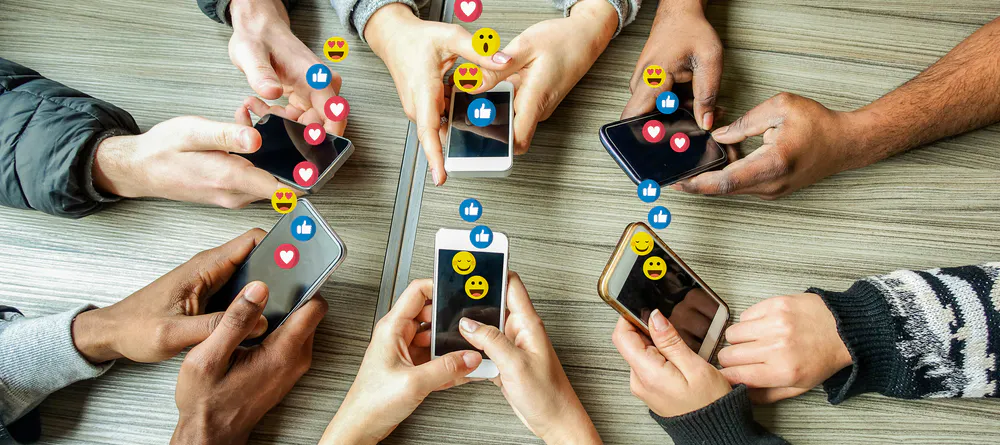
In today’s interconnected world, social media platforms such as Instagram, Facebook, WhatsApp, TikTok, Twitter (now X), LinkedIn, and Snapchat have revolutionized global communication, making information readily accessible from anywhere. From the comfort of a room in Ghana, one can have a video call with someone in America or catch up on trending news in Europe with a few clicks. Life has undoubtedly become more convenient compared to a few decades ago.
The advent of social media has also generated numerous employment opportunities. Digital marketing, for example, has become a thriving industry, and platforms like LinkedIn, Fiverr, and Jobberman link individuals to job opportunities. However, like the saying “Fire is a good servant but a bad master,” social media must be used cautiously to prevent adverse impacts on our lives.
In this article, I aim to discuss how social media can be detrimental if not used judiciously. These insights stem from personal experiences and interactions with others regarding social media usage, as well as extensive reading on the subject. A significant influence on my views is the book “Ten Arguments for Deleting Your Social Media Accounts Right Now” by Jaron Lanier.
While I do not entirely advocate for deleting social media accounts due to the numerous benefits—such as job opportunities, easy access to information, and staying connected globally—it is crucial to understand how to use social media responsibly to avoid potential problems.
In 2021, the World Health Organization (WHO) reported that 14% of adolescents (aged 14-19) experience depression, exacerbated by social media use. One harmful impact of social media is the tendency for individuals to fake happiness, success, and fulfilled lives by posting pictures and videos portraying a “good life.” Some go to great lengths, borrowing iPhones, dresses, shoes, and other accessories just to take attractive photos for social media. For youths struggling to make ends meet, such posts can easily lead to feelings of inadequacy and failure when comparing their lives to those portrayed online.
Today’s adolescents (14-19 years old) frequently use smartphones and access social media. According to Mr. Vivek Murthy, the United States Surgeon General, the benefits include fostering positive connections and communities among people with shared identities, abilities, and interests, providing access to important information, offering a space for self-expression, and facilitating friendships with diverse individuals globally. However, the detrimental aspects include time wastage due to addiction, increased risk of depression from cyberbullying, online harassment, and low self-esteem, as well as reduced sleep.
About three years ago, I struggled with social media addiction. The following tips helped me overcome it:
- Understand Reality: Recognize that much of what is portrayed on social media is not real. The lifestyles shown by friends and peers are often exaggerated or fabricated for likes and followers. Do not let this affect your self-esteem or cause depression and do not compare your life with theirs. Most of them are also going through their struggles.
- Monitor Time: Keep track of the time you spend on social media. Most smartphones have apps to monitor weekly usage and the specific apps you use most. This can help you reduce the time spent online.
- Read and Learn: Engage in reading or learning new skills. Books can broaden your mind and foster personal growth. If you prefer hard copies but have difficulty obtaining them, consider downloading e-books from sites like Library Genesis. Additionally, you can learn new skills related to your career, such as data analysis or software development, from online platforms like Coursera, edX, Udemy, and Udacity, which also offer valuable certificates.
Social media is not inherently bad; many people earn significant incomes, access valuable information, form lifelong friendships, and find life-changing opportunities through it. The key is mindful usage to prevent its potential harm.
To understand how social media platforms employ algorithms to cause you addicted, check Center for Humane Technology.
Author: Streetz Philosopher
WhatsApp: +233554102582
Email: razakayariga@yahoo.com
